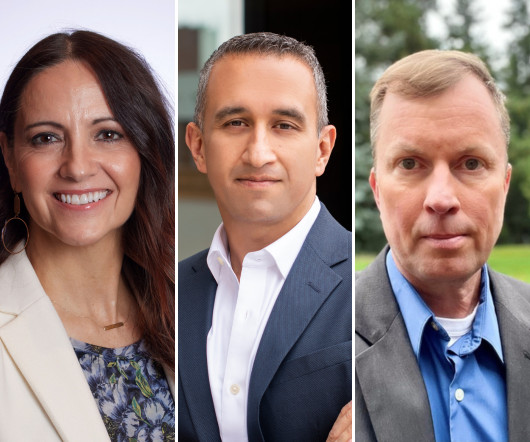A Strategy To Speed Up The Prosecution Of Older Cases
Patentably Defined
OCTOBER 22, 2012
The USPTO’s Manual of Patent Examining Procedure (MPEP) includes many interesting but somewhat obscure provisions. One of the more useful examples of these provisions is § 707.02. Section 707.02 of the MPEP essentially imparts “special” status to older cases and cases in which a third Office action has been issued. Special status gives an application priority on an Examiner’s docket.
















Let's personalize your content